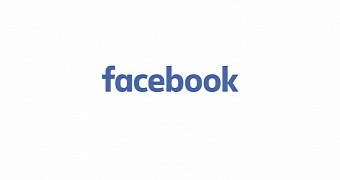Facebook will track users who have no Facebook accounts around the Internet, the company's VP has told the Wall Street Journal, for the sole purpose of collecting information so it can show them ads.
Until now, Facebook has only shown ads to users who registered on the site while non-users who accessed the portal could view its content, if public, without seeing its ads.
Facebook will track non-users across the Internet
Facebook's VP says the company plans to implement the upcoming advertising model changes by first collecting information on site non-members. He explains this is necessary to show quality ads, based on each user's interests. Google uses the same methods while others employ even more intrusive tactics.
The company plans to collect all this data on non-users via its social plugins and buttons embedded on millions of sites across the Internet.
Last summer, Facebook got in trouble in Belgium for this same reason. To alleviate privacy concerns and to abide by Europe's strict laws, the company also started showing a cookie policy notification at the top of the site to all European users.
Users and non-users will be able to opt out of targeted advertising
Furthermore, on Thursday, the company also announced changes to its Cookies Policy and added a new Privacy Basics section on its site to teach users about its ads.
Facebook's VP Andrew Bosworth has also told WSJ that Facebook users will be able to opt out of seeing ads outside the site, based on their Facebook interests, but they'll see random ads instead of targeted ones.
Non-users will also be able to opt out of seeing targeted ads, but they'll also see the ads regardless. Ad publishers can decide not to show ads to non-users, but they'll be billed for it anyway.
Since advertising is Google's main revenue stream, Facebook's move won't surprise anyone, because the company has to capitalize on its dominant market position to satisfy its board. This past March, when it released its latest financial results, the company said it had 1.65 billion monthly active users, more than half the total monthly Internet users.

 14 DAY TRIAL //
14 DAY TRIAL //